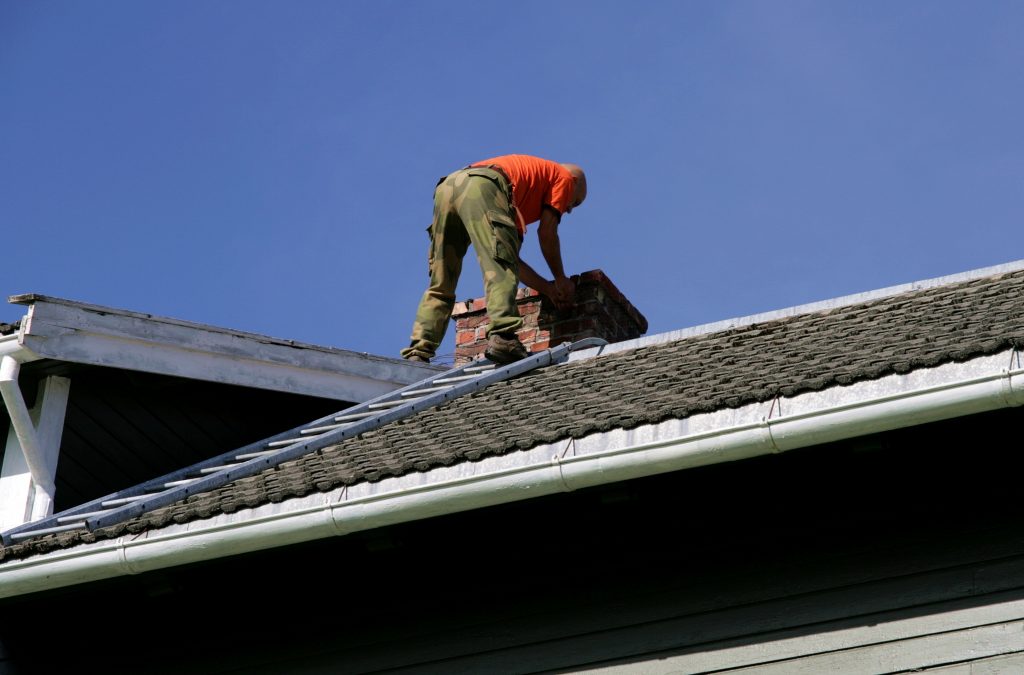It’s a cold night, and you decide to use your fireplace. You notice that it’s getting late, and you extinguish the fire before going to bed. Constant use of your fireplace throughout the cold months causes a buildup of soot and tar in your chimney flue.
So, the question is, what happens when you don’t clean your chimney? Ultimately, the buildup of soot and tar increases the chances of a chimney fire.
Tar Triggers Chimney Fires
Chimney fires are caused mainly by soot and tar, which form from the smoke, gases, fog and other minerals released by burning wood or coal. Chimney fires can also start due to other factors such as debris from birds’ nests and structural damage. When a chimney gets hot, the thick tar buildup can trigger a chimney fire.
Watch out For These Signs
Some chimney fires are obvious to detect. If you hear loud noises and smell and see smoke coming into your house, your chimney might be on fire. If you go out and see flames or dense smoke shooting out from the chimney top, you have a problem.
On the other hand, some chimney fires are more difficult to notice. For instance, slow-burning chimney fires do not have enough oxygen or fuel to be visible. Other factors that indicate a potential chimney fire include cracked or collapsed flue tiles, discoloured rain caps and warped metal on the connector pipes or the damper.
Many chimney sweep companies in the UK serve Liverpool and other nearby cities. These companies provide chimney cleaning services, flue lining and smoke testing that prevent chimney fires from happening. Furthermore, chimney sweep companies adhere to current building regulations and European and British standards of safety.
By cleaning your chimney annually, you can help prevent a chimney fire and ensure your safety.

